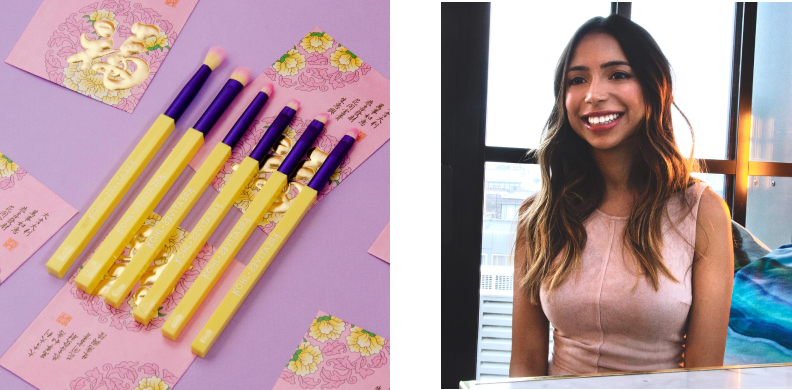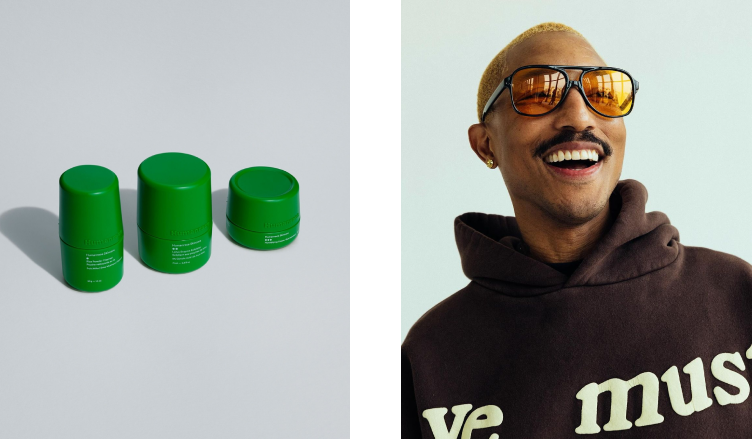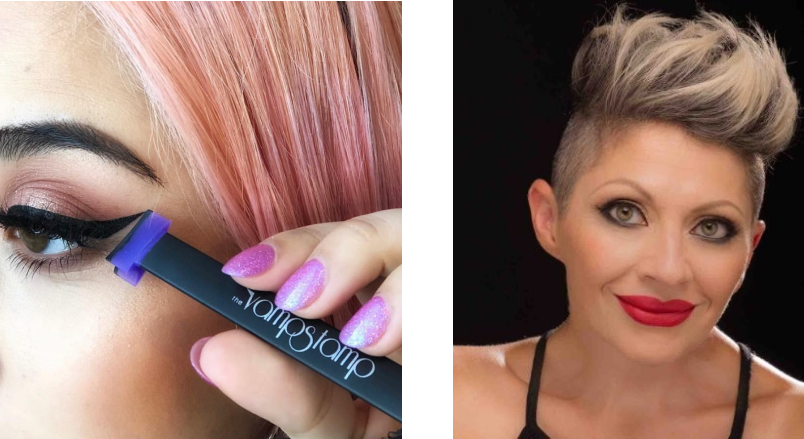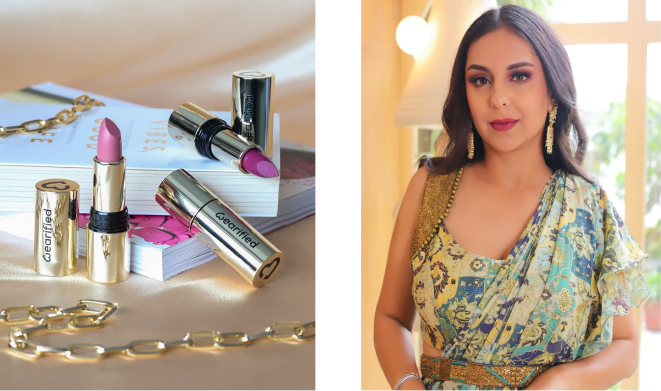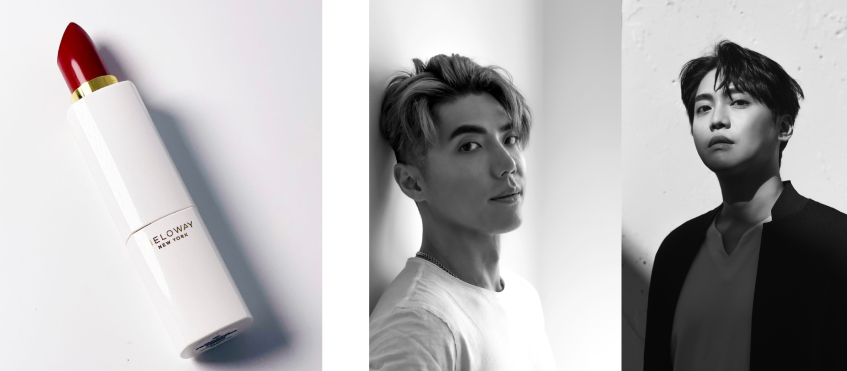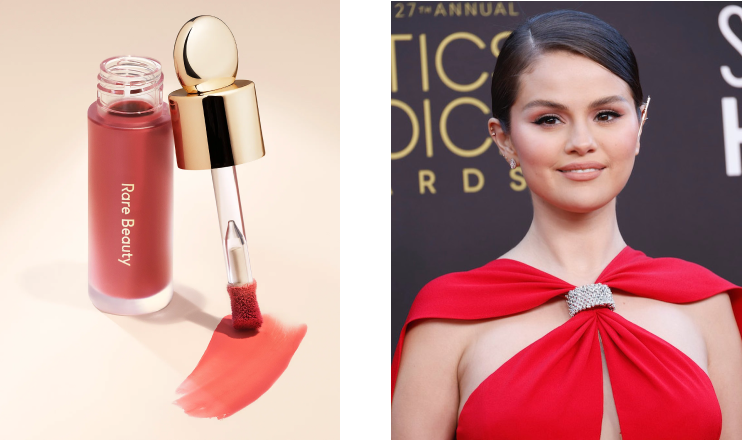Adaptive Beauty Brands Owned By People Of Colour
Written by: Precious Umeasalugo
@Humanrace
Get familiar with these POC-adaptive beauty brands.
According to the World Bank, 15% of the world's population has a disability. This statistic includes people with motor function loss, visual impairment, and amputations. For people living with these disabilities, life is never as simple. Everyday tasks can be a lot more demanding for them than for the average person, including daily makeup looks.
In an industry where beauty brands launch foundation shades that do not cater to specific skin tones or hair products that are not curly hair-friendly, it indicates a failure to represent the interests of a good fraction of people. For people living with disabilities, this failure is intensified by the lack of products that are comfortable and convenient enough to be used. Eyeliners that require fine motor skills, foundation bottles that are a bit too hard to open – the list goes on and on.
Thankfully, some beauty companies are becoming more intentional about representing all groups, including those with disabilities. Among those championing brands are those founded by another marginalized group in the beauty industry: people of colour.
How can beauty brands be more adaptive?
For beauty to be truly inclusive, it must be adaptive enough for people with disabilities like visual impairments, mobility, and dexterity issues. Part of achieving that involves people with disabilities as a part of the product development process.
For blind YouTuber and motivational speaker Molly Burke, adaptive beauty is tactile beauty. This means packaging should come with Braille instructions and embossed labels, makeup with colour recognition, and containers should be easy to click open. For people without disabilities, these are probably small, insignificant parts of a product. But for those needing adaptive beauty, these features make a beauty product truly adaptive.
Why Adaptive Beauty Brands Owned By People Of Colour Matter
From one marginalized community to another, POC-founded beauty brands challenge traditional beauty standards, offering products that celebrate the beauty of every group of individuals, including those with different disabilities.
The beauty industry may be taking precious time to grow, but these unique developments from beauty's most ignored corner are worth the wait. From diverse beauty brands catering to the darkest skin tones to adaptive beauty brands with brilliant innovations, here are some POC-owned adaptive brands you should know.
Adaptive Beauty Brands Owned By People Of Colour
Kohl Kreatives
©Kohl Kreatives @trishdaswaney
Founded by Trishna Daswaney, Kohl Kreatives is a beauty brand that empowers its consumers with makeup equipment that considers mobility challenges, especially regarding makeup brushes and graphic liners. Among their offerings are disability-friendly stickers for graphic makeup looks and cuboidal brushes with embossed labels to describe what part of your makeup routine they’re for.
These cuboidal brushes are also flexible enough to be placed at any angle on the face, can stand on their own, and do not roll down a surface when placed away.
Humanrace
©Humanrace @pharrel
Thanks to this black-owned adaptive beauty brand, adaptive skincare for people of colour is not left behind. Made by and for people of colour, Humanrace by Pharrell Williams includes Braille on all of its packaging, as well as tactile letters that the user can feel. In addition to fuss-free adaptive packaging, Humanrace also offers skincare essentials that are simple to use with no added frills or unnecessary steps.
The Vamp Stamp
@the_vampstamp
Precision with fine motor skills is necessary for certain makeup steps like eyeliner and lipliner. But for celebrity makeup artist Veronica Lorenz, who lost sensation in her hands due to a spinal tumour diagnosis, such steps were no longer practical so she founded The Vamp Stamp. To tackle this, she created the VaVaVoom winged liner stamp, which removes the need to draw your eyeliner and allows you to stamp a perfectly symmetrical wing onto your outer corner.
You can pair the winged liner stamp with your favourite liquid liner or the VINK Eyeliner Ink from the same brand, and it is the easiest adaptive path to achieving a winged liner look.
Wearified
@wearified @aanamc
For beauty content creator Aanam Chasmawala, it was important not only to make great makeup products but also to make great AND adaptive makeup products. With this ethos in mind, her brand, Wearified, launched a line of traditional lipsticks with a twist. To help with dexterity issues for people with health issues like stroke or sensory loss, the lipsticks come with easy-to-open screw-topped caps. Chasmawala believes makeup should be stress-free, and her products reflect that.
Meloway Makeup
@melowaymakeup ©Meloway
For co-founders Ash and Aiden Kim, making a beauty brand that was accessible and easy was common sense. Meloway Makeup is a Brooklyn-based vegan and cruelty-free adaptive beauty brand focusing on accessible packaging. The company is famous for its cap-free lipsticks, which can easily be applied using one hand.
Rare Beauty
©Rare Beauty @selenagomez
Selena Gomez has made no secret of her journey with lupus, an autoimmune condition that commonly affects dexterity and motor skills. As the founder of the critically acclaimed makeup brand Rare Beauty, it is no surprise that her brand considers dexterity.
One of the ways the brand has remained adaptive is through its packaging. The ball-shaped cover and applicator shape, which persists across the brand’s offerings (including blushes, foundations, and lip oils), have made it much easier for people with arthritis and other joint-related issues to open their products.


